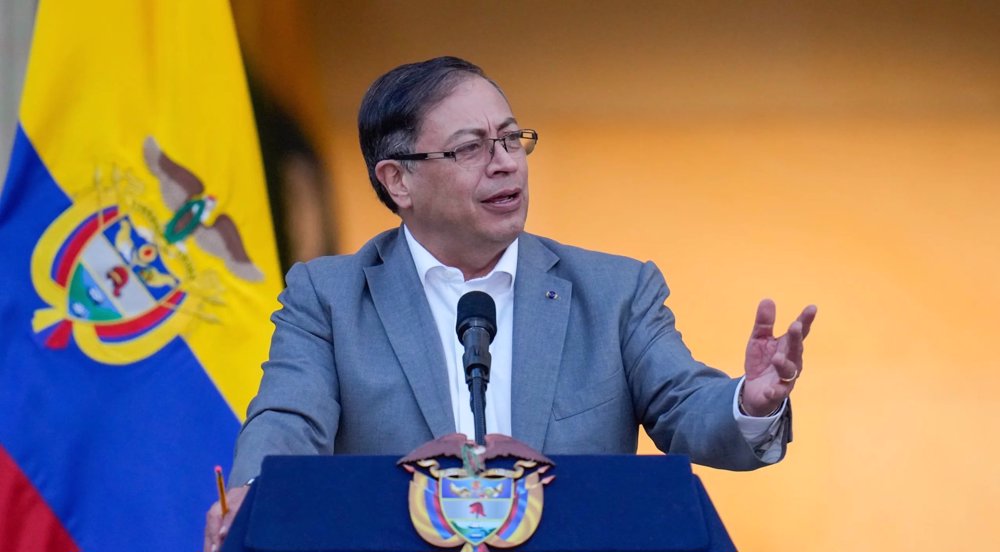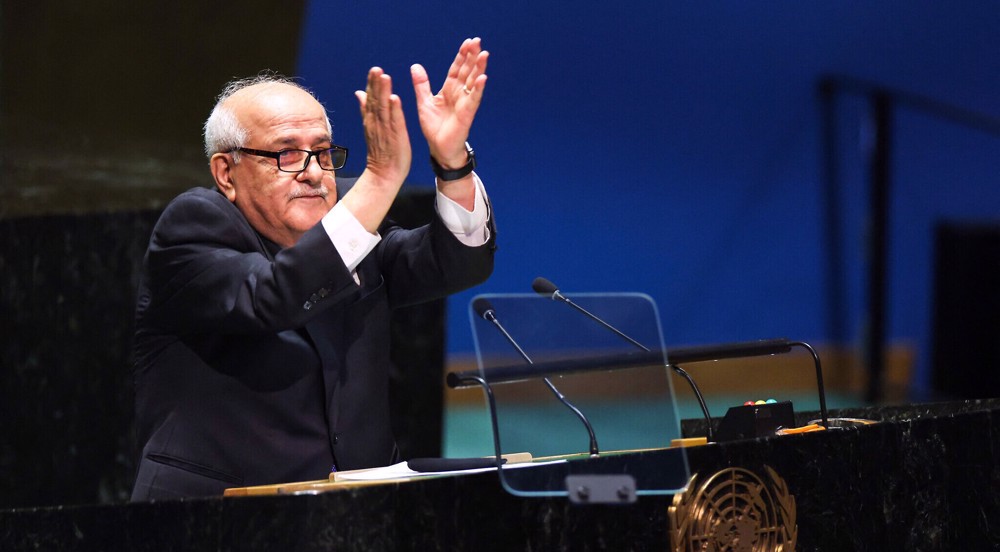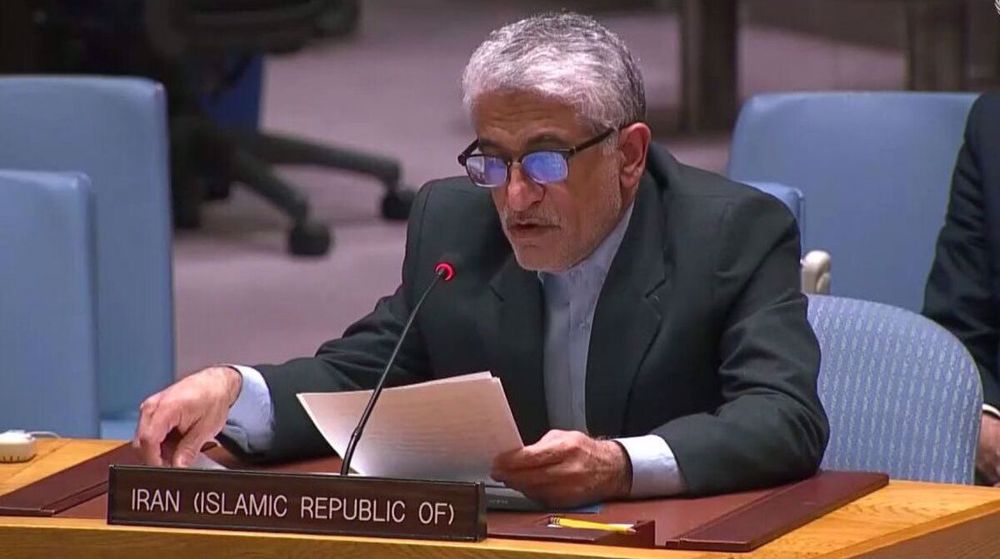Netanyahu grows jittery over Middle East Quartet report
Israeli Prime Minister Benjamin Netanyahu is trying to soften the tone of a Middle East Quartet report critical of Tel Aviv's expansion of illegal settlements on the occupied Palestinian lands and its opposition to a French initiative for peace with the Ramallah-based Palestinian Authority.
The publication of the report by the Quartet group – the United States, the European Union, the United Nations and Russia – has been delayed for several times, but Israeli officials say it will only be released after Netanyahu meets with US Secretary of State John Kerry and EU foreign policy chief Federica Mogherini in the Italian capital city of Rome early next week. The Israeli prime minister is also scheduled to hold talks with UN Secretary General Ban Ki-moon on June 28.
Diplomats confirm that the current language in the forthcoming report is strong and harshly criticizes Israel’s construction of settler units in the occupied West Bank and East al-Quds (Jerusalem), which is considered illegal under international law.
“As it stands, the language is strong and Israel isn't going to like it,” Reuters quoted a diplomat briefed on the content as saying on condition of anonymity.
There is speculation that the wording of the report may be softened before it is published next week.
The Quartet report was written following a meeting of its foreign affairs representatives in Munich, Germany, earlier this year. The senior diplomats sought to explore the reasons behind a stalemate in the negotiations between Israel and Palestinians, and the revival of the so-called peace talks between the two sides.
The United Nations and most countries regard the Israeli settlements as illegal because the territories were captured by Israel in a war in 1967 and are hence subject to the Geneva Conventions, which forbid construction on occupied lands.

The presence and continued expansion of Israeli settlements in occupied Palestine has created a major obstacle for the efforts to establish peace in the Middle East. Palestinians want the West Bank as part of their future independent state, with East al-Quds (Jerusalem) as its capital.
More than half a million Israelis live in over 230 illegal settlements built since the 1967 Israeli occupation of the Palestinian territories of the West Bank and East al-Quds.
Earlier this month, France hosted a gathering of representatives from more than 20 countries as well as UN and EU diplomats in Paris as part of its plan to revive the so-called peace talks between Israelis and Palestinians. Neither Palestinians nor Israel attended the conference.
The last round of the talks between Israelis and Palestinians collapsed in 2014. Tel Aviv’s illegal settlement activities and its refusal to release senior Palestinian prisoners were among major reasons behind the failure of the talks.
VIDEO | Press TV's news headlines
VIDEO | Pakistani students demand end to US support for Israel
VIDEO | Iran’s pavilion at Venice Biennale raising awareness about Israeli crimes in Palestine
VIDEO | Yemenis urge army to escalate naval attacks in response to Israeli aggression
VIDEO | Iranians take part in runoff parliamentary vote
Colombia’s president calls on ICC to issue arrest warrant Netanyahu
VIDEO | Karachi students protest in solidarity with US universities standing for Gaza
VIDEO | US-Israeli genocide in Gaza




















 This makes it easy to access the Press TV website
This makes it easy to access the Press TV website